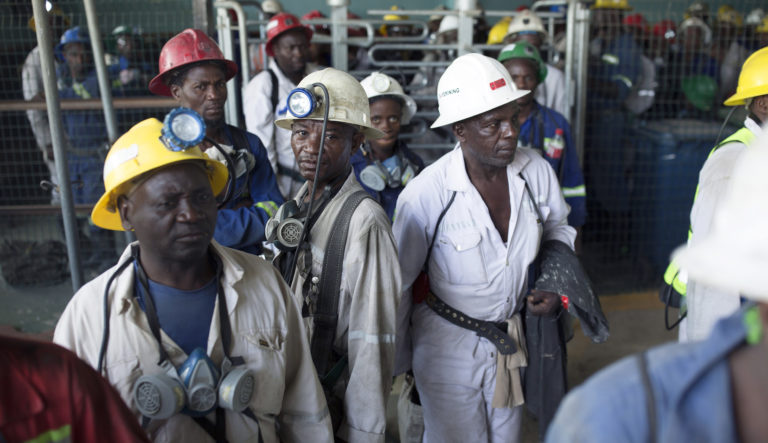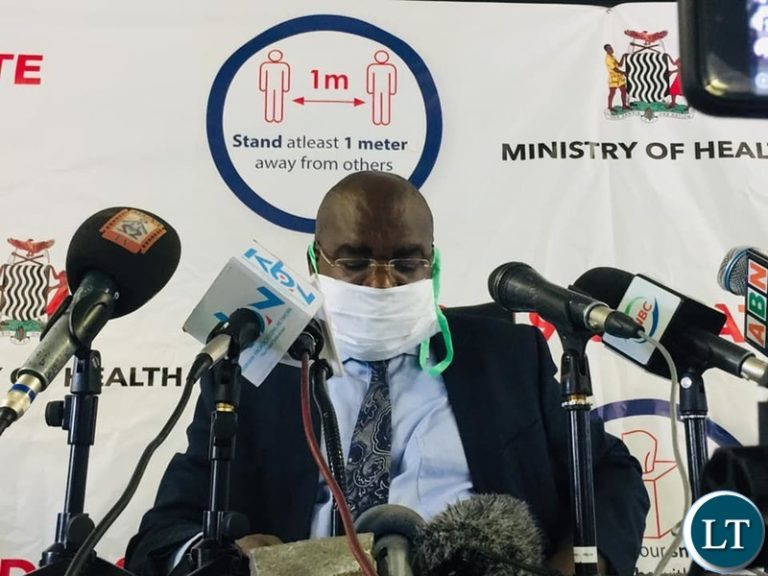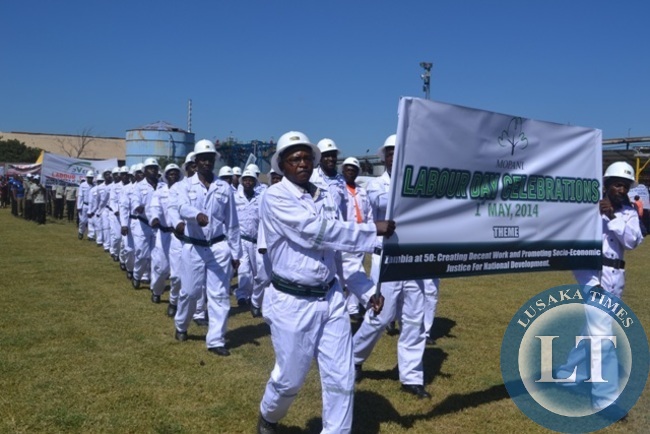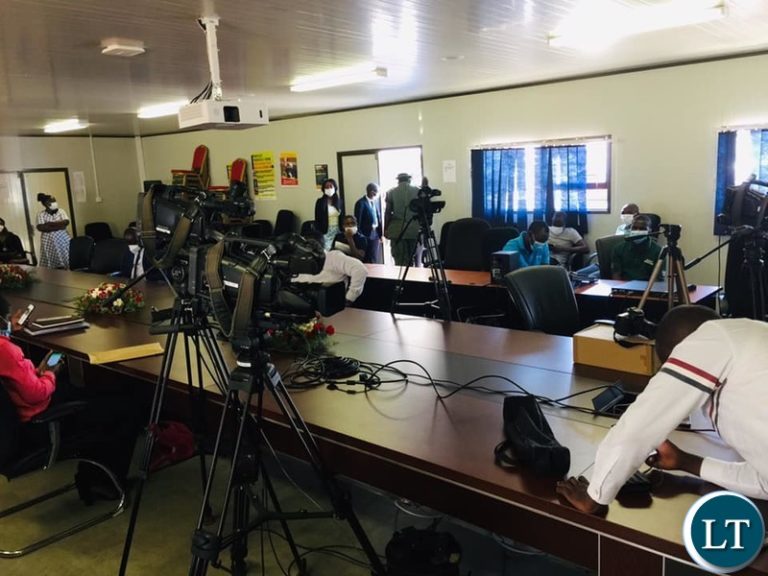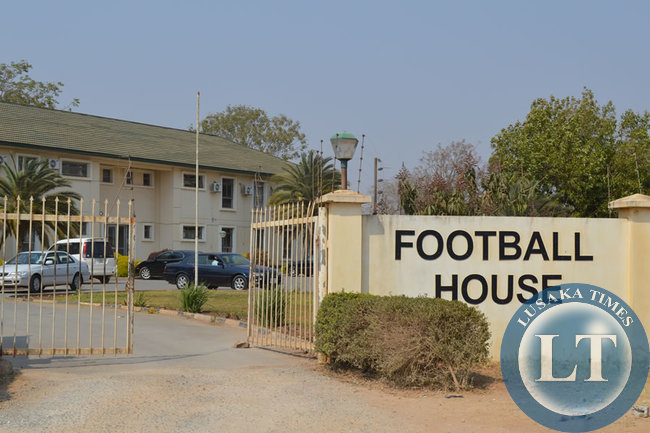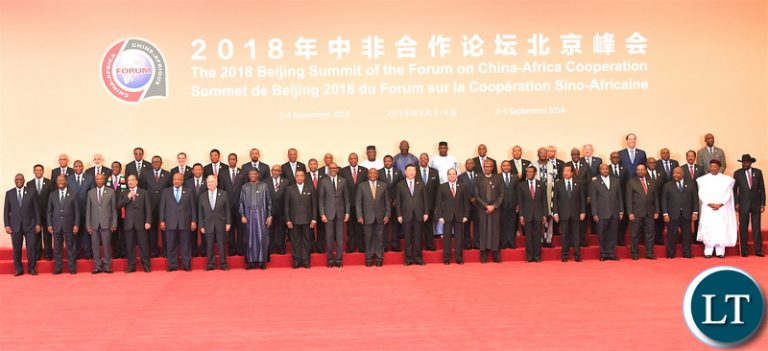By Kumbukilani Phiri
One day when all is messed up and we are all trying to look at who to blame, that’s when we will realize that we should have acted much earlier to change things. Here is my take.
The China Africa relationship goes back to as early as the independence struggle of African States in the late 1950s and early 60s. Many African countries established diplomatic relationships with China right after getting independence. That time China was also still struggling with her own problems at home with a GDP per capita less than most African countries. China had just come from a Civil war and was still bleeding from the Japan war. Most African countries shared solidarity with China. In return, despite all her problems at home, China would also always stand in solidarity with and support Africa countries. For instance, when Zambia was faced with the challenges of import and export routes to the port during the liberation struggles in Zimbabwe, it was China that came to the aid of Zambia to build the Tazara railway line. This is where the calling of China as an all-weather friend to Zambia actually came from. most Chinese workers who came to work on the Tazara project were actually poorer than their Zambian colleagues but sacrificed their lives to come all the way anyway.
Looking back today, I am sure if the African and Chinese leaders who stood for each other were still alive today like former President Kaunda, they would all be very proud of what China has become and how the relationship with Africa is still going strong.
With all this good comradeship background, it’s important for us to note that post-China development, the Africa China relationship has also changed. Depending on where you stand you can either say it has changed for the better or it has changed to capitalism. What I mean by changing to capitalism is that it’s no longer about solidarity, it’s no longer about comradeship, it’s now more about commercial transactions where the smartest and most intelligent or the powerful will walk out with a better deal. My fear is that while African countries may still be in the euphoria of solidarity and comradeship, China is ahead of competing with the West on many fronts. In short, China isn’t here to mourn our problems with Africa, they are here for business.
I remember so well when Going our Policy which was first announced in China in 1999 started gaining momentum. There was so much excitement from both State-owned and Private Chinese companies to go out there and spread their wings abroad. In 2006 FOCAC which is the Forum on China Africa cooperation officially came into being and ignited what would end up as the greatest movement of Chinese companies into Africa both for FDI and contracts for infrastructure development.
Leading up to this movement, the Chinese lacked a detailed understanding of Africa. I remember companies following African students in universities to consult about how to do business in Africa. We could see that the lack of information about Africa was genuine because all along there was very little business exchanges between China and Africa. China was willing to sit on the table with Africans to negotiate business deals based on a win-win and mutual business cooperation.
Fast forward to now which is almost 16 years after that great movement, the question is, has the business relationship worked out as initially planned to be?
My opinion is that, though quite alright the Chinese businesses brought investments into Africa and Chinese construction companies came and helped the construction of infrastructure Projects cheaply, Africa has not benefited as much as they could have. My reasons are Most African countries lacked And still lack the manpower to negotiate for good deals with China. The Chinese take many months if not years of planning and preparation for deals only to meet up with ill enlightened African counterparts. In the end, China always ends up with better deals.
Africa is full of corrupt, uncaring and selfish leaders that only care about what is in for them in any deal. So most of the time, African leaders auction off concessions for natural resources cheaply to Chinese companies just because they do get something under the table.
Chinese companies bring key staff from China. Despite creating so many jobs across Africa, Chinese companies have always brought key personnel from China. Very few Africans ever make it in the top management of any Chinese company, not even the few that studied and graduated from China and are able to speak fluent Mandarin. The Chinese companies would rather bring a Chinese graduate to take up a job in Africa leaving an African who studied in China and is able to speak their language. Most jobs created by Chinese Companies are general in nature where workers survive on minimum wages from one paycheck to the next.
There has been no real integration between the Chinese and Africans. Chinese and African leaders have cemented their relationship based on mutual respect and trust. However, the relationship between the ordinary Chinese and Africans remains very weak with no respect and trust for one another. While African and Chinese leaders can sit and dine on the same table, the ordinary Africans and Chinese rarely sit and dine on the same table. The order of the day is inequality, mistrust, mistreatment, fraud, and crimes. The recent Guangzhou incident is one such example of this problem.
Infrastructure from concession loans leaves African countries indebted. It remains unprecedented where a country that is doing so many infrastructure projects being paid in Dollars would have its currency depreciating to the dollar and other foreign currencies. The truth is, concession loans from China come with conditions that they are done by Chinese companies.
This means that the profit from the project will be externalized and that’s about 25–40% of the contract sum. Then since Chinese contractors have a tendency of bringing Chinese staff who are not paid salaries in the host country but China, it means 15-30% of the contract sum is also externalized. Most African countries don’t manufacture any equipment or building materials, resulting in another 20-40% being externalized to procure machinery and other materials. This leaves very little money to circulate in the host country. In the end, there is no money left in the country to create any ripple effects. Therefore, the African countries are getting indebted with no support economic activities to help generate income to pay off the loans.
China is letting African countries make mistakes which they avoided during their development stage. Even at their weakest after just opening up to the world in the late 70s and early 80s, the Chinese never allowed foreigners to do anything in their country without partnering with a local, whether it was a loan, Aid, or FDI, China always insisted in some instances for 50-50% partnerships between foreigners and Chinese.
In summary, as we look at where the China Africa relationship has come, we can only hope that those who have the power to drive it now will take time to reassess its performance and decide where they would like it to go. Otherwise, It may be another story of failure in history.



